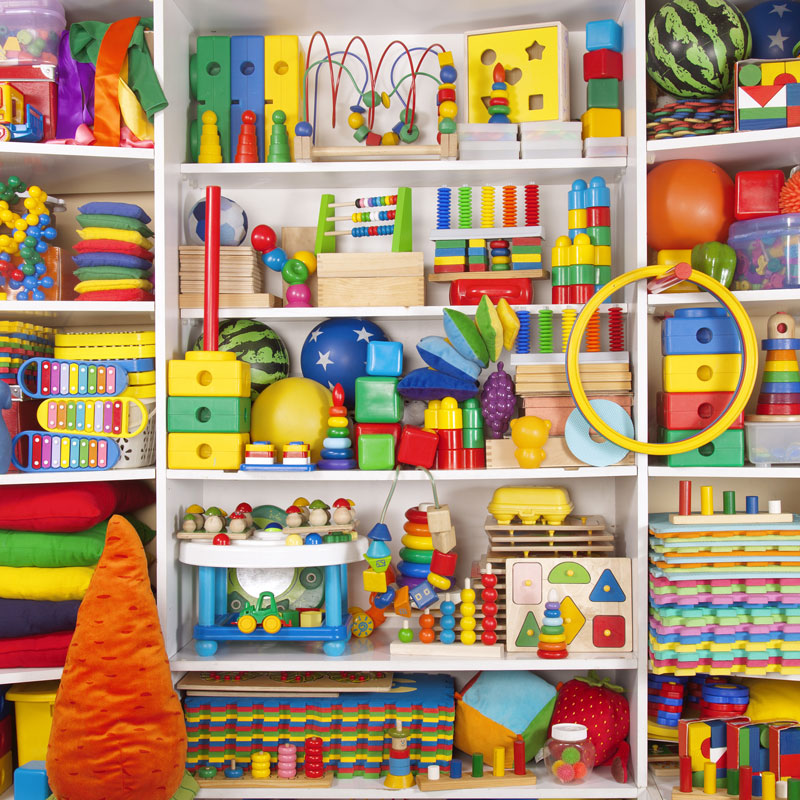Description
What It Does
The GAO Antique Inventory Management System utilizes RFID technology to modernize the inventory management of antiques, vintage items and other collectibles. Inventory management is done simply by an employee holding a handheld PC such as a PDA, tablet, pistol grip handheld computer, or an EDA and walking through the store, dramatically improving accuracy and efficiency over conventional methods. Unlike barcode systems, it does not require the manual scanning of each item.
Challenges/Issues
There are several issues with traditional antique management systems, most of which are barcode-based or manually-operated. In these systems a barcode number must be pre-printed on a sticker, then manually placed on each antique. If these stickers get damaged or get dirty, the barcode scanner could misread or even fail to read the barcode. Furthermore, barcodes require a direct line of sight and a close distance to read. A staff member with a handheld scanner must visually identify each antique, scan it at a very close range and repeat it for every single item in storage. This makes the process error-prone, labor-intensive and inefficient.
How It Works
To address these issues, GAO has developed the GAO Antique Inventory Management System based on the latest UHF Gen 2 RFID technology. It consists of:
(1) One or multiple handheld PCs, such as tablet PCs, PDAs (personal digital assistant), EDAs (enterprise digital assistant), pistol grip intelligent terminals;
(2) an RFID tag for each antique and
(3) an RFID tag for each shelf or area where the item is located.
The handheld PC is preinstalled with both an RFID reader and the GAO Antique Inventory Management Software. The handheld PC normally has built-in Wi-Fi capability to communicate with a server via a local Wi-Fi network for data transferring. It also optionally has a barcode scanner and a high definition camera.
An RFID tag is attached to each antique for its identification. A suitable tag can be chosen from GAO’s wide selection of tags to fit the specific properties of the antiques. There are tags for all surface types including metal, plastic, fabric and even specific items such as jewelry and glasses. An employee can then walk through the aisles of antiques, with the handheld PC in his or her hand, automatically performing taking the inventory by walking within range of the antique. The RFID reader has a range of 15 feet (roughly 5 meters), which is much further than a conventional barcode scanner, and automatically tracks the location and inventory of each item simply by walking within range, no manual scanning of each item is needed. This dramatically improves accuracy and efficiency over conventional methods and reduced damage as the antiques do not need to be handled by the employee to scan them.
Features
- No system installation is required since tags are simply placed on antiques and shelves or something indicating locations, and each handheld PC has been preinstalled with an RFID reader and GAO Antique Inventory Management Software.
- GAO Antique Inventory Management System utilizes RFID technology and dramatically improves productivity and accuracy. It has addressed the issues of the barcode-based conventional systems such as a line of sight requirement and reading errors due to barcode damage.
- Suitable for antiques of all types
- Suitable for any antique store of any size
- Able to integrate with GAO RFID Cloud Service
Technical Specifications
- One or multiple handheld PCs from GAO, which is preinstalled with a UHF Gen 2 RFID reader and GAO Antique Inventory Management Software.
- A UHF RFID tag for each antique.
- UHF RFID tags indicating which shelf an antique is located.
Applications
GAO Antique Inventory Management System can be effectively used to manage inventories of all kinds of antiques, vintages, artifacts, fossils, or any other collectibles related to, for example, architectural, arts, coins, currency, stamps, archaeology, films and potteries.







